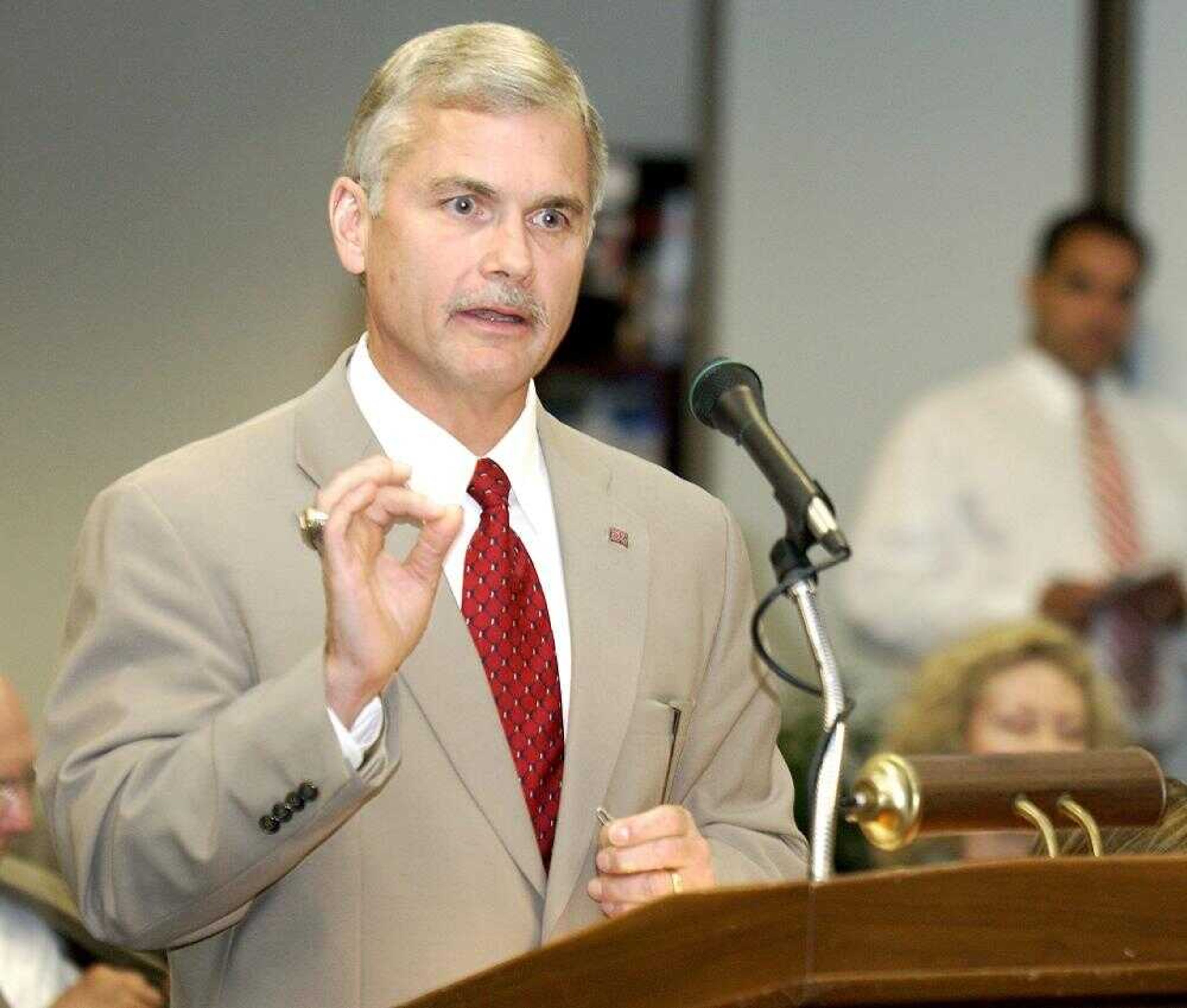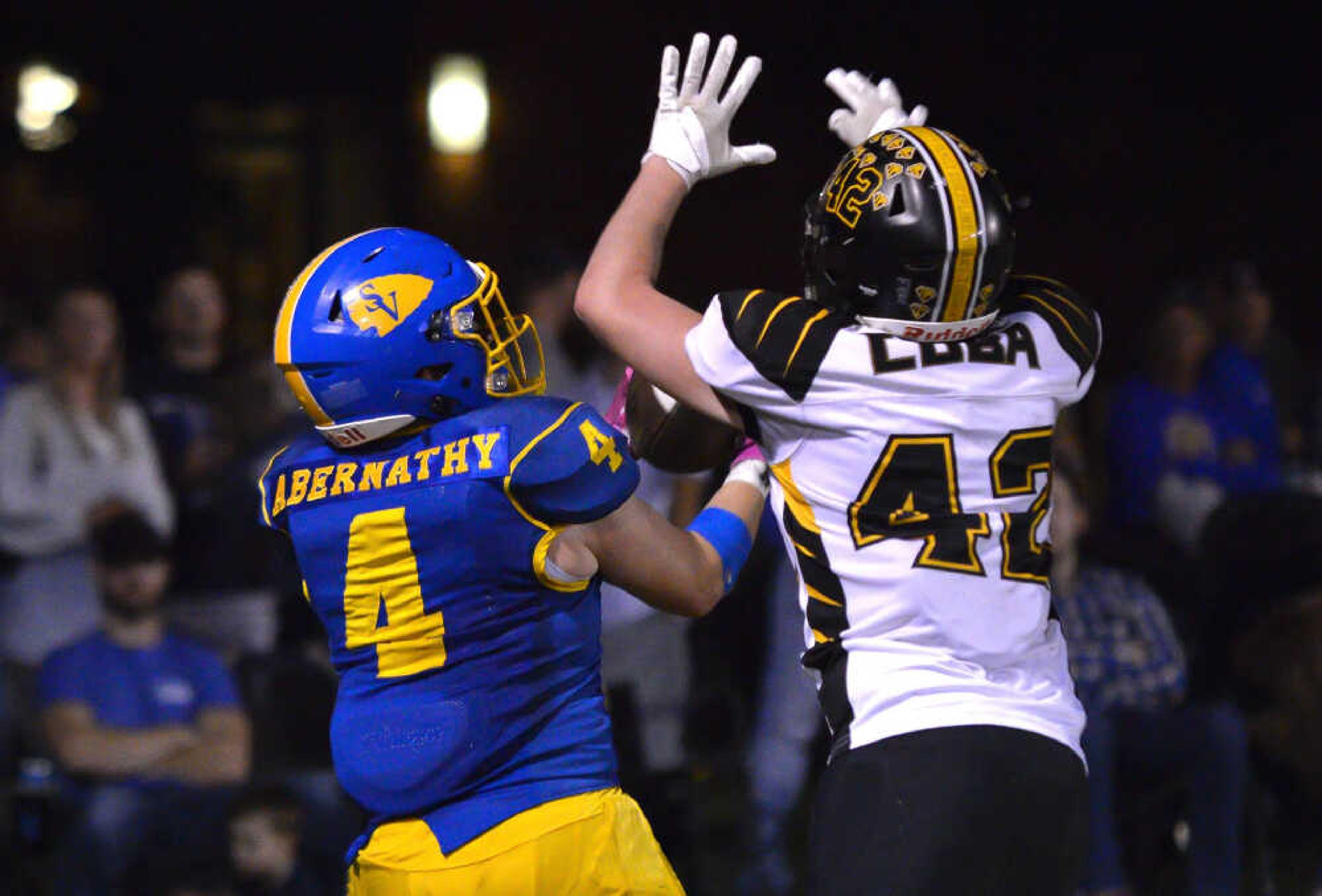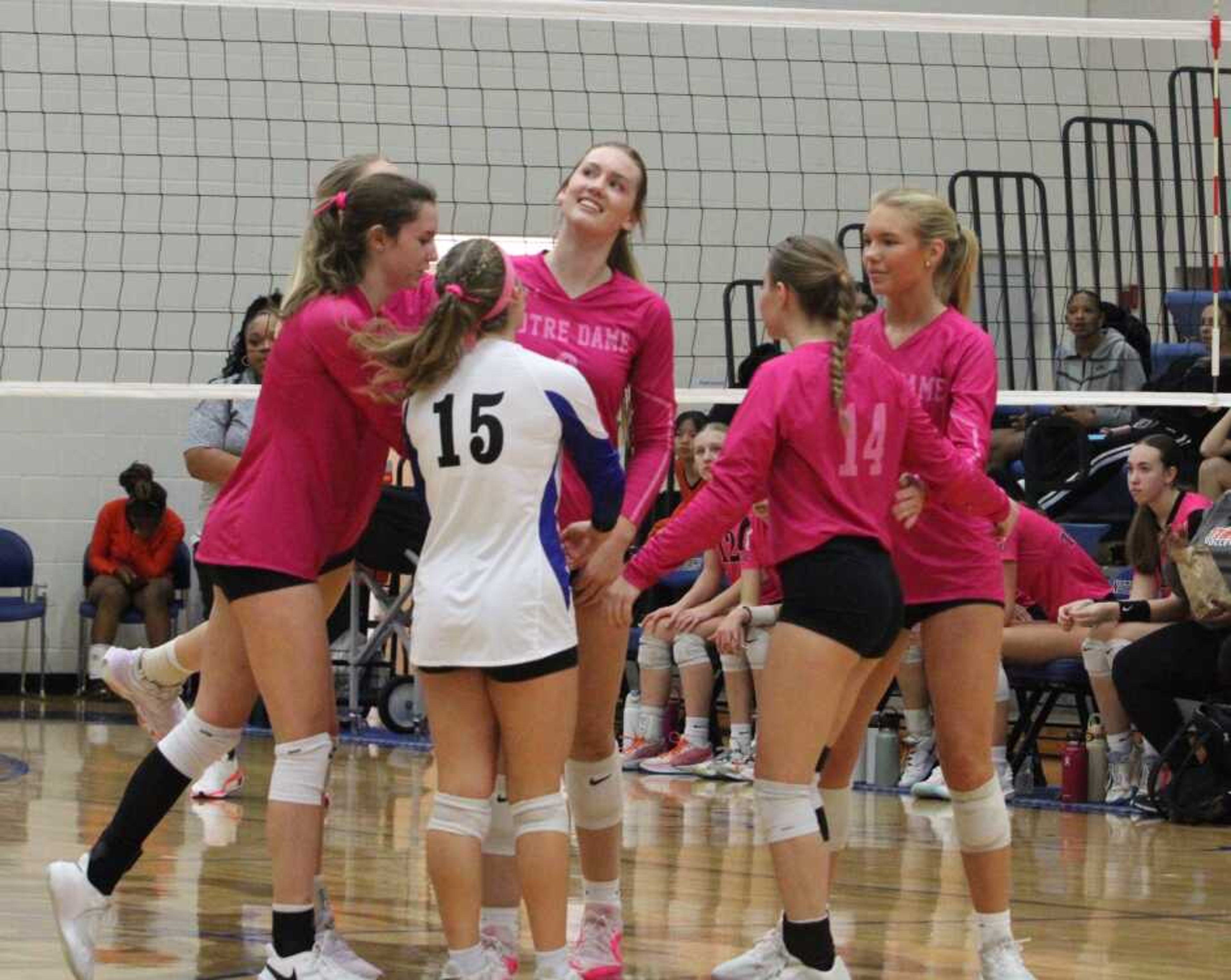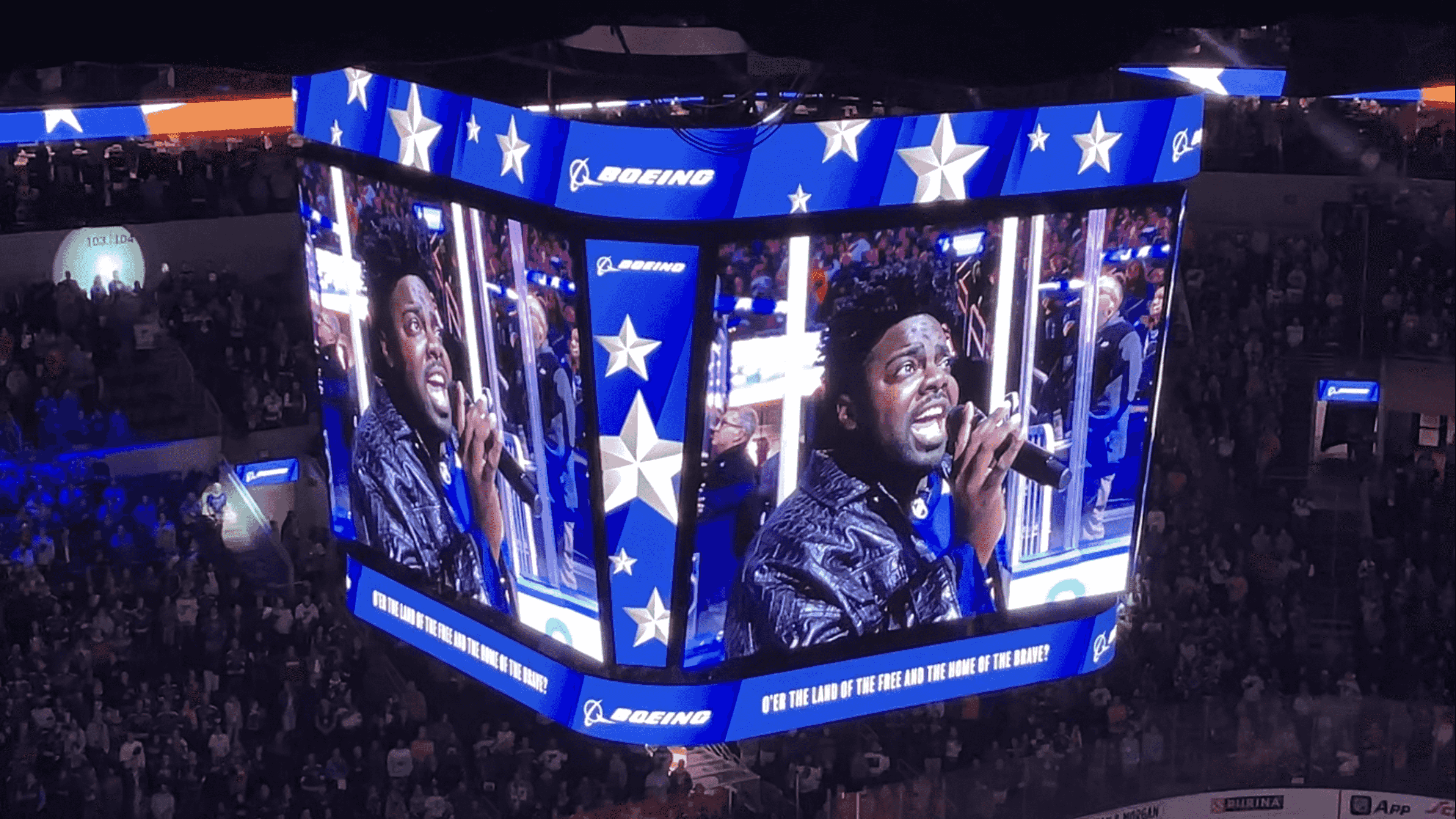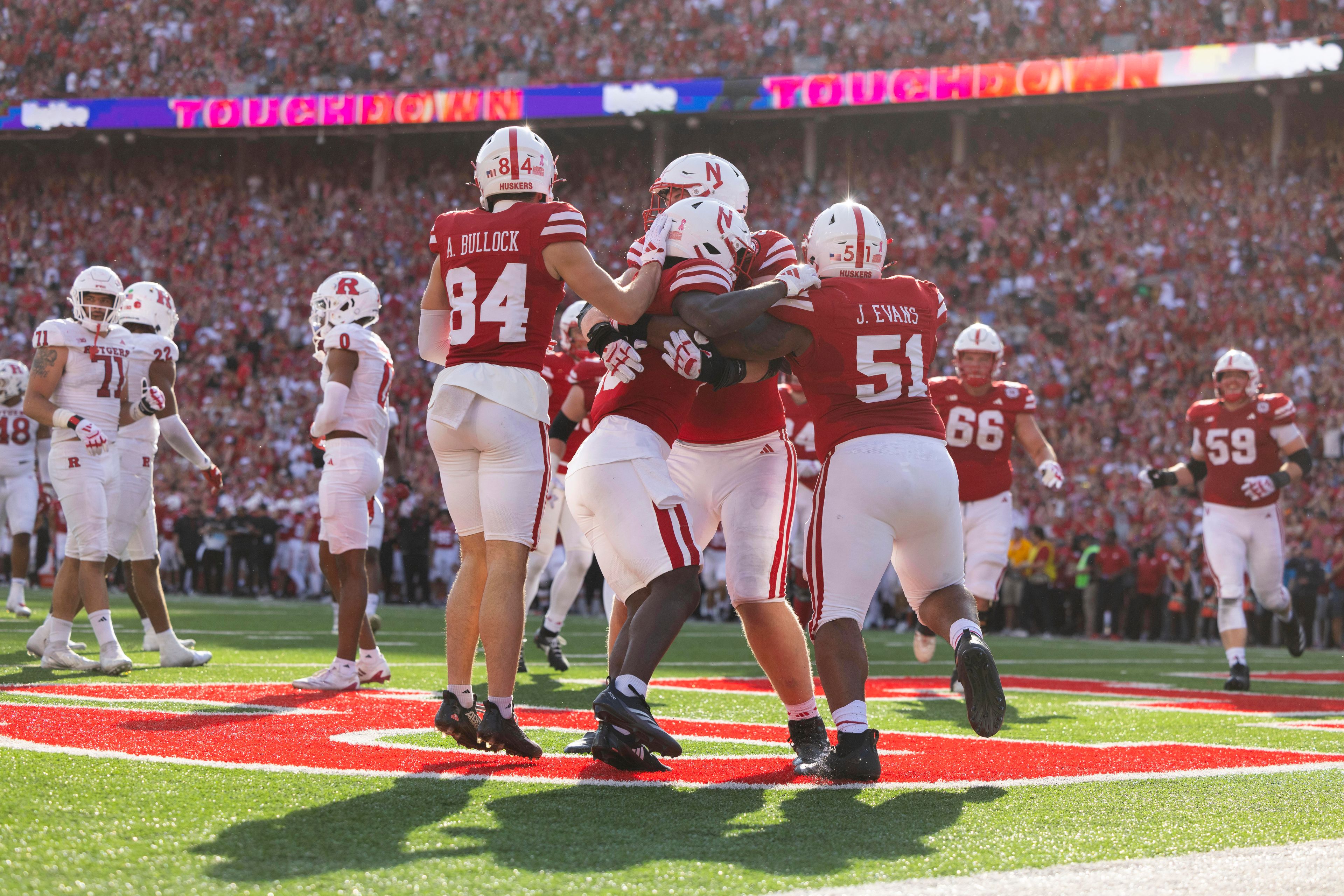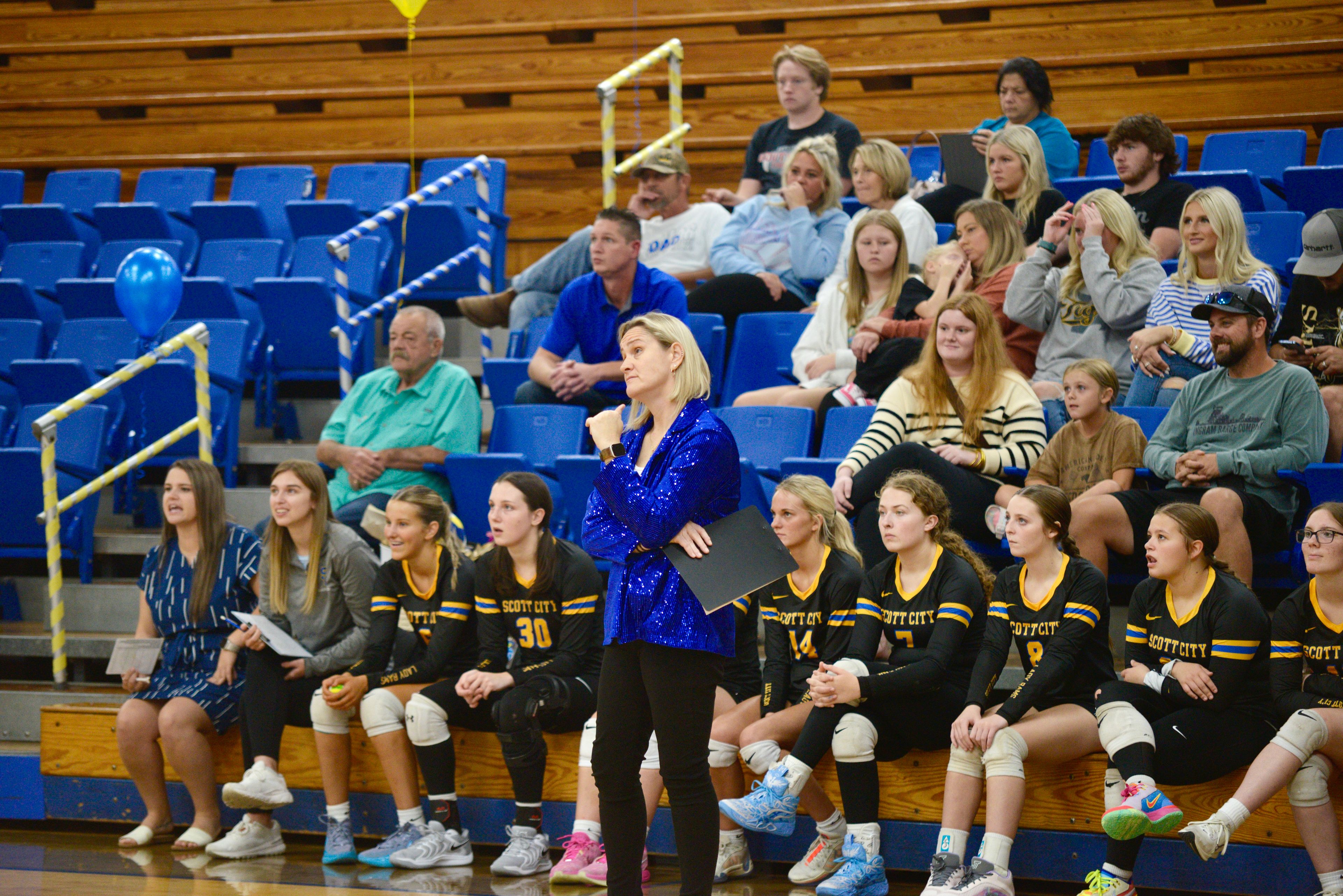Fact or fiction?
An internal memo within the Southeast Missouri State athletic department expressed serious concerns about the conduct in the women's basketball program as far back as July 2004, 18 months before the university asked the Ohio Valley Conference for an investigation...
An internal memo within the Southeast Missouri State athletic department expressed serious concerns about the conduct in the women's basketball program as far back as July 2004, 18 months before the university asked the Ohio Valley Conference for an investigation.
But Southeast athletic director Don Kaverman said the concerns expressed never turned into proof of wrongdoing. Kaverman admits, though, that while the department was diligent in pursuing the allegations regarding former coach B.J. Smith's program, he failed to document his response to the memo.
The document, dated July 15, 2004, was sent to Kaverman by Alicia Scott, assistant athletic director for compliance and student services, and it listed five areas where Scott had concerns about the program. She wrote that the "program is jeopardizing the athletic department and the university with its disregard of policies and rules -- ethical, moral, NCAA and university."
The document was a precursor to the events of 2006, when university president Dr. Kenneth Dobbins asked the Ohio Valley Conference commissioner's office for an investigation. The NCAA became involved, and its investigation continues. The university, based on a status report by The Compliance Group on behalf of the OVC, on June 30 acknowledged violations and imposed sanctions on the program. On Nov. 9, two days before the season-opening game at Tulsa, Smith was placed on leave by the university. He resigned his position in a joint announcement with the university on Dec. 6.
The Southeast Missourian obtained the memo on Feb. 13 in response to a Jan. 18 request for documents, including internal correspondences related to the women's basketball program.
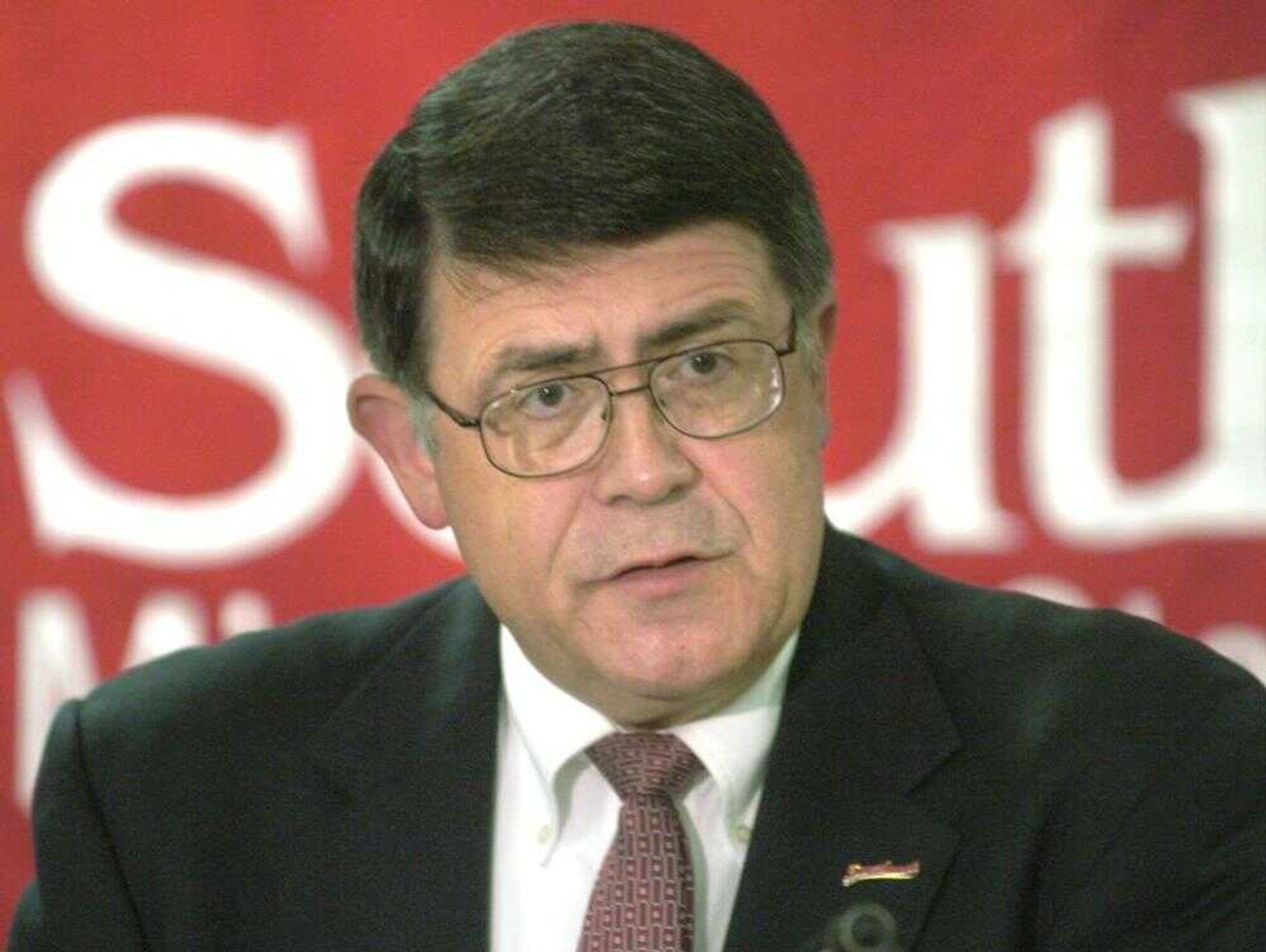
Scott wrote: "I am very concerned with the continual 'pushing the limits' that has characterized this program since coach Smith arrived. After two years I believe it is no longer a lack of knowledge but, rather, a calculated decision to win at all cost."
Scott was not available for comment Tuesday. She had recently cited concerns about commenting while the NCAA's investigation continued.
The memo was written about eight months after the university had conducted an internal investigation, led by Scott and faculty representative Dr. Ed Leoni.
Among the most serious allegations from Scott was that the integrity of the internal probe was undermined in a concerted effort. She wrote that "student-athletes were told to be vague last fall during the investigation" and that "coaches reportedly had meeting after meeting with student-athletes."
The 2003 investigation, which took place during the fall semester, included several allegations -- a rent payment, inappropriate transportation to work and to an airport, and student-athletes participating in basketball activities in the summer with coaches present -- similar to later violations reported in 2006 by the university. But the only violation reported was the inappropriate use of a laundry machine. The internal report concluded "other possible violations could not be substantiated."
Kaverman said he was unable to substantiate Scott's claim regarding the 2003 investigation.
"And that's an allegation with fairly serious connotations," Kaverman said. "Before we act, we have to be willing to document, and I haven't seen any documents that this was fact."
Kaverman said he considered Scott's memo a continuation of the earlier investigation, and he said he asked Scott to provide more documentation, a position that was supported by Dobbins.
"My recollection was that I told Don we needed something other than just this [memo]," Dobbins said. "We wanted to deal with it, and we needed to document that these are real issues. It was important to me and the board not to go out there on unfounded inquiry. We needed to have her get concrete examples."
That response was not conveyed to Scott in writing, something Kaverman said he regrets.
"There had been so many things during the last four years with the women's basketball program, and I have not always made the right decision. I acknowledge that," he said. "I should've responded to this in writing. In hindsight, knowing what we've gone through with this program, I wish I would have documented it."
Dobbins said it was not out of the question for Scott to compile information based on her allegations, even though she alleged the investigation of 2003 had been undermined. But he did say the events of 2004 stressed the importance of seeking an external investigator when he was receiving correspondences about allegations of violations in January 2006.
"With allegations like this, you can be accused of not investigating thoroughly if you use internal," Dobbins said.
Scott's other allegations in the memo:
- Prospects were "required" to live in Cape Girardeau and be at camp during the summer. She wrote that team members played in pick-up games each evening and that "coaches may have been present."
- A candidate for an assistant women's basketball coaching position reportedly called student-athletes at another four-year school and asked them to transfer to Southeast.
- A player was told by Smith to rent an apartment from a booster who would give her a reduced rental rate and designate her as an apartment manager.
- Players were asked to return to the basketball offices following a home loss in 2003-04 "to watch game film until the early morning hours."
Kaverman said he asked Scott for more documentation, but it was never provided.
"My discussion internally was that if these allegations are factual, we have a responsibility to document and substantiate them," Kaverman said. "That documentation was never produced. I can't tell you why it was never produced.
"We didn't take it further. There was nothing reported to the NCAA, because there was nothing documented."
Kaverman said his department had completed an exhaustive investigation and continued to hear from a number of sources in 2004 with conflicting information.
Other sources
In the summer of 2004, the parent of a student-athlete who transferred from the university met with Kaverman to discuss the program. The parent, according to an e-mail the parent sent to the Southeast Missourian in recent days, outlined to Kaverman the reasons the student-athlete was seeking the transfer.
"I asked him if he needed just enough information to release the girls or if he needed enough to bring B.J. Smith down and possibly the Southeast Missouri women's basketball program, too," the parent wrote. "I shared with him the facts and a little more of the more serious stuff so that he would understand why [the student-athlete] needed to leave such a good university. Within just a few minutes Don Kaverman agreed to sign a release. ..."
Kaverman said the allegations he heard during the meeting could not be taken at face value.
"There were a number of different issues between the student and the coach, and the student and her [parent], and student's [parent] and the coach, and I had to look into where does that factor in to what's true and what's being fabricated," Kaverman said. "It's exceedingly difficult stuff to sort out.
"With everything I was hearing from a variety of sources inside and outside of the women's basketball program, my job is to find out where the truth lies. I couldn't necessarily assume that because someone said something to me, it was true.
"I can't begin to discuss what a soap opera this was. It was continual, and it was distracting."
Kaverman said his department's resources were taxed by the constant probing into the women's program.
"I can't begin to tell you how many hours we spent on women's basketball issues all through the years," he said. "It's easy to second guess when you know what the facts are, but when you're going through the process, it's not as easy to determine.
"We were not trained in investigations, and we're not NCAA enforcement officers. I've been in athletics for 30 years, and this was the first time I've been involved in something like this.
"We did the best we could."
Kaverman said the NCAA also received a copy of Scott's memo and it has the resources and clout to investigate the same allegations.
"I'm confident we acted with due diligence," Kaverman said. "I'm not comfortable with how I formally responded, but I don't regret the manner in which we proceeded."
Connect with the Southeast Missourian Newsroom:
For corrections to this story or other insights for the editor, click here. To submit a letter to the editor, click here. To learn about the Southeast Missourian’s AI Policy, click here.
